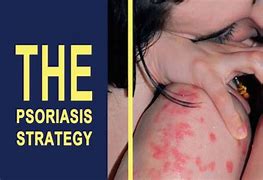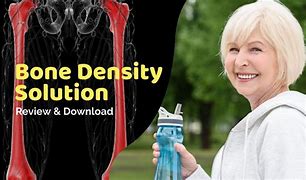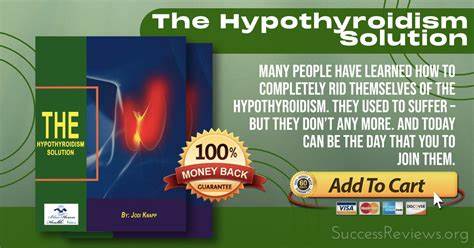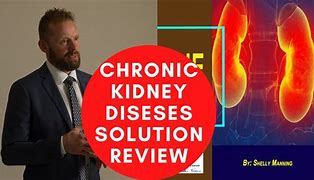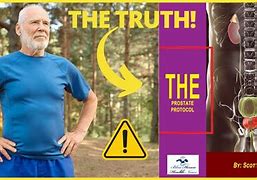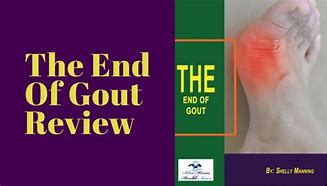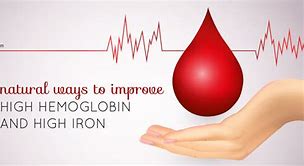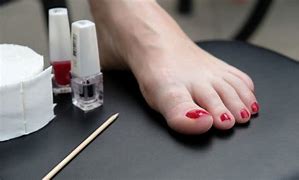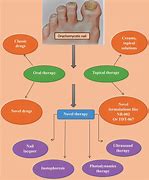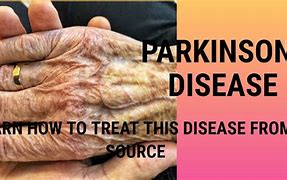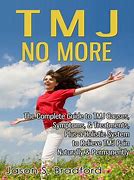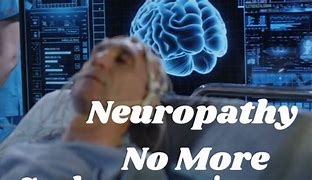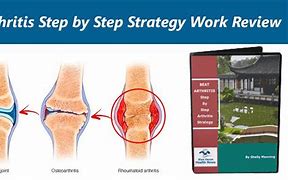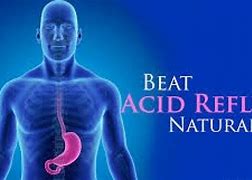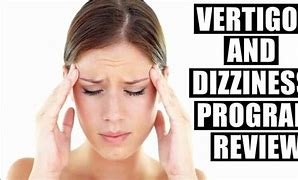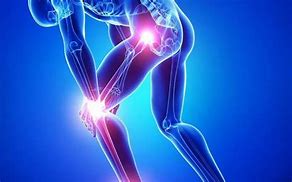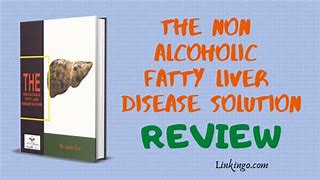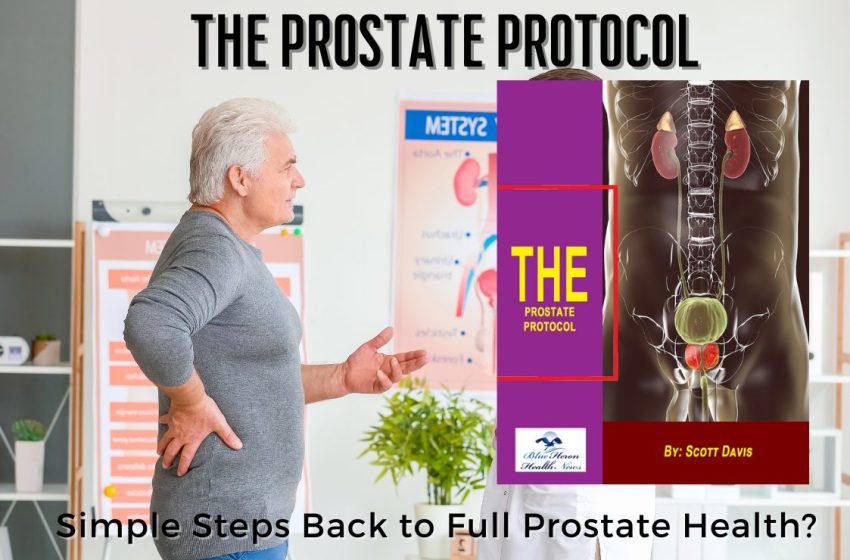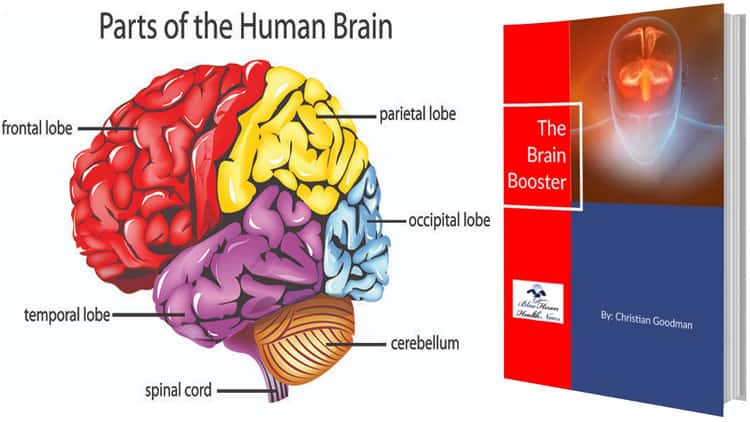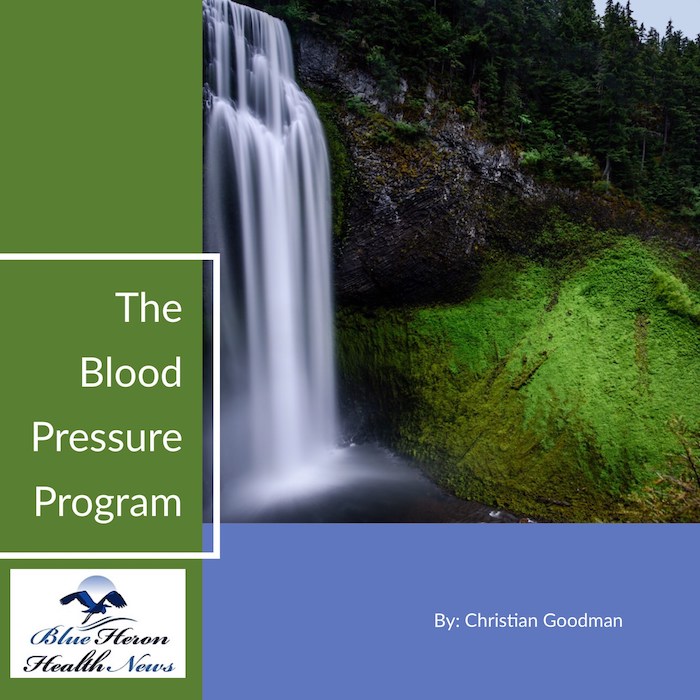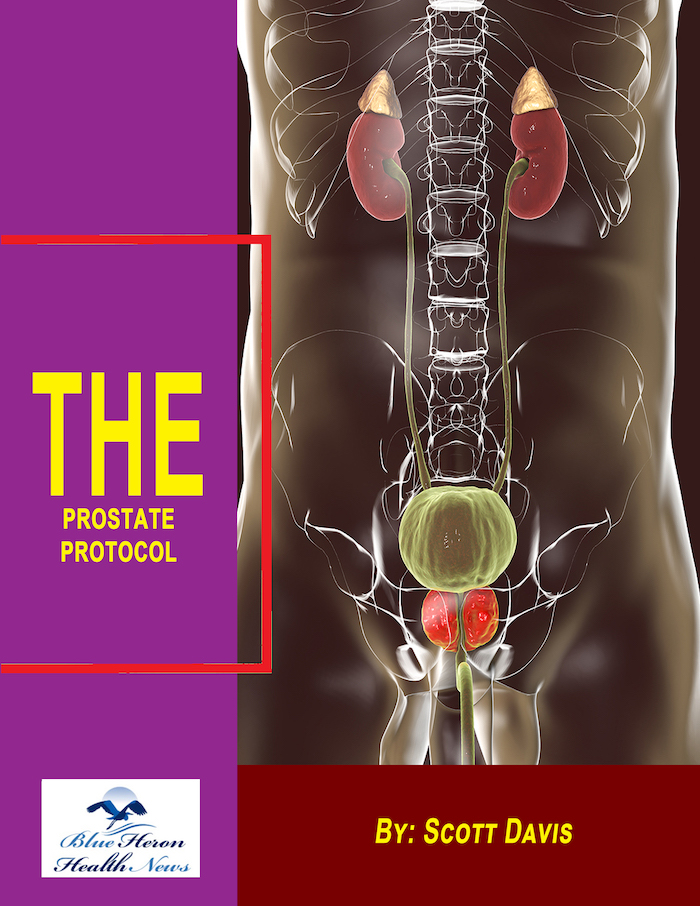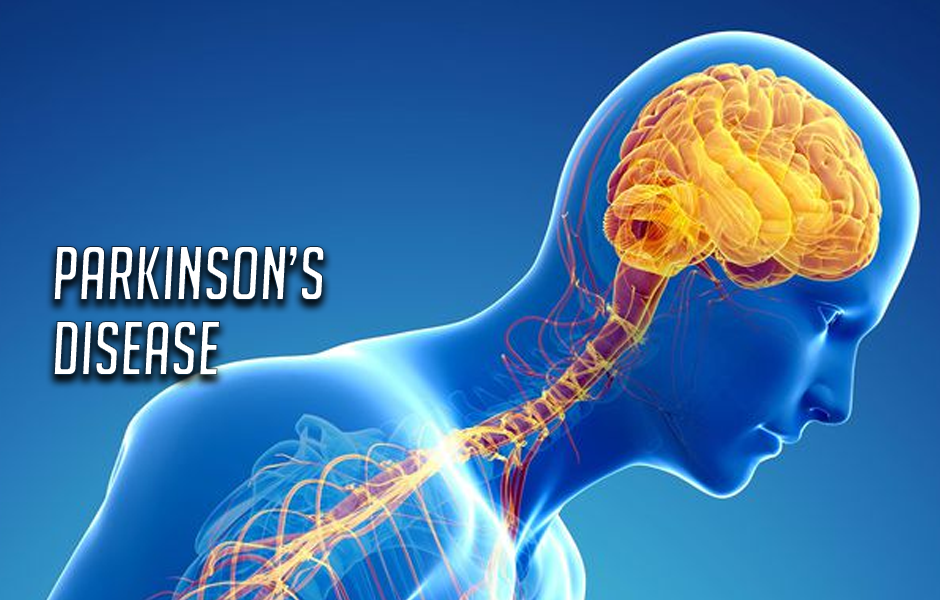So what exactly is Vertigo?
What if I told you that a series of simple head exercises could rid you of your Vertigo forever? You probably would not believe me, would you? Nobody would. Vertigo is the number one cause of broken bones and the head. In addition, vertigo sufferers face many problems like Balance problems, squeezed nerves, head spinning, walking, and standing problems. This vertigo and dizziness program review is to help people suffering from this problem and rise above the misery as many people did.
I know for sure I wouldn’t have believed it if somebody told me this a few years ago. But I did. And it worked. All you need is something that helps you deal with vertigo and dizziness. This Vertigo and Dizziness program review tells you all you need to know about the Vertigo and Dizziness program. Here is my story.
My first brush with Vertigo
I was twenty-five when I had my first Vertigo attack. I remember the distinct spinning sensation in my head, so strong that it woke me up.
In addition, I could not move, so I clutched on tightly to my bed, hoping the spinning would go away. A queasy feeling started to emerge in the pit of my stomach, and as I held on, it grew stronger.
Everything around me was spinning. I stayed in bed for a few days until the spinning was okay. When I visited the hospital, the doctors prescribed Meclizine to control the vertigo dizziness and suspected the attack was an anxiety-triggered BBPV.
Meclizine did not seem to help much, and I continued to struggle with vertigo and dizziness, and instability. I was no longer able to walk properly and felt horribly disoriented. I was helpless and scared. Vertigo and vertigo had brought my life to a standstill.
I was plagued by the fear of losing my job, not taking care of my family, and not living a normal life. Over the course of two months, I had three more attacks. No treatment plan seemed to help me, and this fear grew stronger as the days passed.
So, what exactly is Vertigo?
Vertigo is a disorder and can be of two types– Central and Peripheral.
-
Central Vertigo: Central Vertigo occurs due to brain damage or injury, mostly in the brain stem or other parts of the brain.
-
Peripheral Vertigo: Peripheral Vertigo occurs due to a problem in the balance system of the inner ear. Studies suggest that ninety-three percent of Vertigo patients suffer from Peripheral Vertigo.
Does medication actually help Vertigo and Dizziness?
Vertigo can have dire consequences like pinch nerves, head fractures, and head injuries. Medication may provide short-term relief from symptoms of Vertigo and Dizziness, such as a dry mouth. These drugs are the same ones used for treating nausea or motion sickness.
There are no good studies to prove that drugs help treat Vertigo, but they may provide temporary relief. You shouldn’t stop your search for relief just because the doctor says vertigo is untreatable.
It is natural to suffer from vertigo due to the natural aging process. Several seniors in this world have this ailment. But, they mostly overlook the underlying cause of vertigo. It is already said that Meniere and labyrinthitis are the known causes of vertigo. These disorders have a connection to Vertigo.
Surgery and medications may cure Vertigo. However, it is not easy to prescribe medications until your physician has identified the real cause of the condition.
The surgical treatment for vertigo tries to alleviate inflammation caused by labyrinthitis. But, there are risks in this process, as it may cause deafness and hearing loss.
Doctors prescribe some medications to control vertigo and dizzy spells. These medications have some side effects like
-
Drowsiness
-
Dry mouth
-
Confusion
-
Vomiting and nausea

